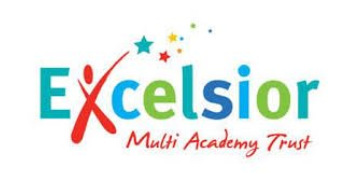A new inquiry into the “effectiveness” of post-16 qualifications like A-levels, T Levels and BTECs has been launched by the House of Commons education committee.
MPs on the committee will explore whether a new baccalaureate system that would “allow young people to study a greater blend of academic and vocational subjects” should be introduced in their place – an idea proposed by its chair Robert Halfon in 2019.
The ‘Future of Post-16 Qualifications’ inquiry will consider whether current post-16 courses “properly prepare young people for the future world of work”, according to a spokesperson.
Controversial proposed reforms to level 3 qualifications, which could spell the end of funding for most BTECs, as well as the proposals set out in the Skills and Post-16 Education Bill currently going through parliament, will also be examined.
Halfon said: “The post-16 curriculum must be robust enough to meet the challenges of the modern economy. With the fourth industrial revolution and an increasingly digital age where AI is king, we must ensure proper attention is paid to the fundamental link between education and employment.”
He added: “Rather than create a binary system of academic A-levels and vocational T Levels, should we think more broadly to create a parity of esteem between vocational and academic learning?
“A new, baccalaureate-style system, similar to the International Baccalaureate already used in 150 countries, that allows students flexibility and the scope to blend high-quality academic and vocational routes could be the solution.”
Halfon called for GCSEs and A-levels to be scrapped and replaced with one “holistic baccalaureate” for 18-year-olds which recognises academic and technical skills and personal development during a speech to the Edge Foundation in February 2019.
His proposal was made in the face of growing calls for GCSEs to be scrapped.
The education committee is currently inviting written submissions in the following areas for its new inquiry:
. The experience to date of those taking or delivering T Levels, and any changes to T Levels that may be needed to ensure they are accessible to all students.
. The strengths and weaknesses of the current system of post-16 qualifications, with reference to A Levels, T Levels, BTECs and apprenticeships, in preparing young people for work or further and higher education.
. The benefits and challenges the Government’s proposed changes to level 3 qualifications would bring, with reference to any implications for BTECs and routes into apprenticeships.
. The extent to which the Government’s review of level 3 qualifications will impact disadvantaged groups, students from minority ethnic backgrounds, students known to the care system, and students with special educational needs or disabilities, and what measures might be put in place to mitigate any negative impacts
. The benefits and disadvantages of introducing a baccalaureate system in post-16 education that allows students to take a variety of subjects, including both academic and vocational options.
. The benefits and disadvantages of a post-qualifications admission system. International good practice examples of systems for post-16 education and qualifications.
The deadline for submissions is January 20, 2022.














Your thoughts